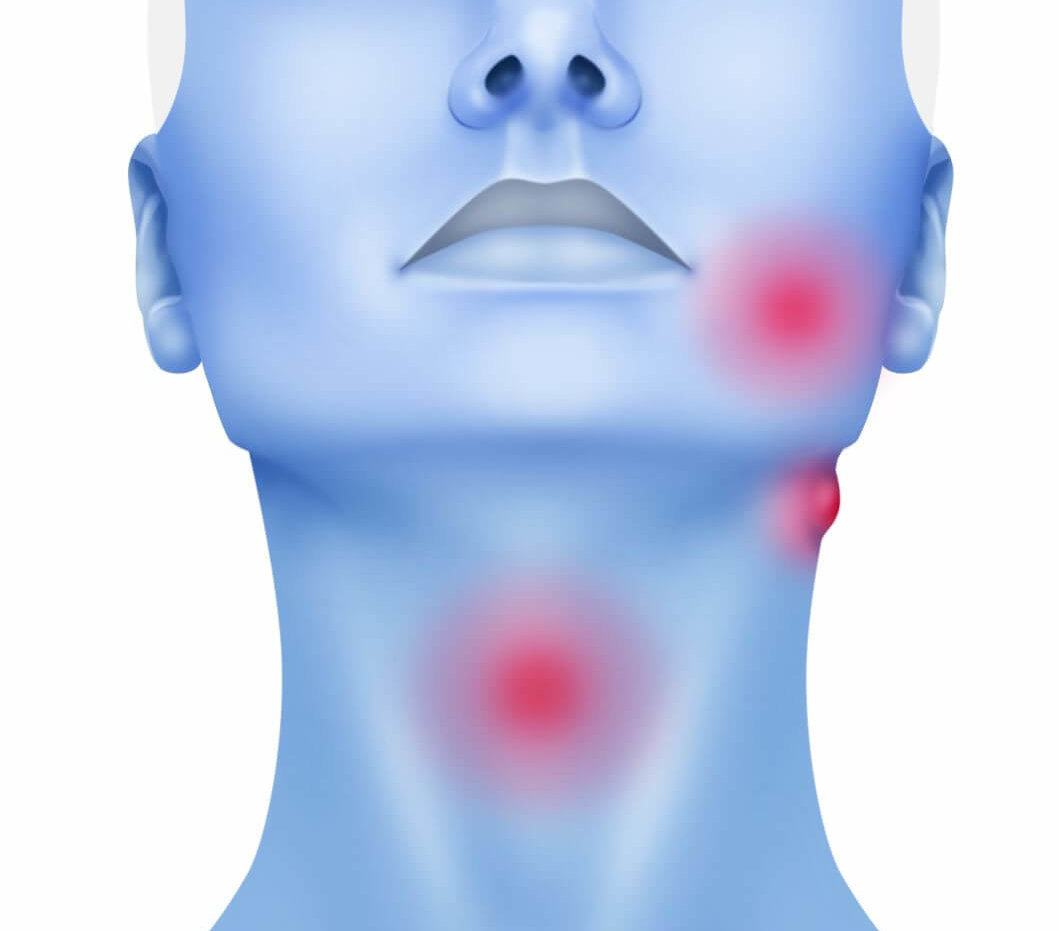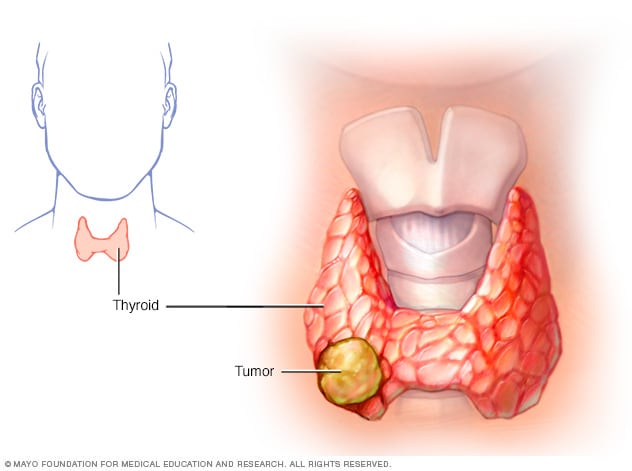Head and neck cancer is a group of cancers that usually originate in the squamous cells that line the mouth, nose and throat.
Your doctor will likely perform a physical exam to evaluate your condition. To confirm a diagnosis of cancer and determine if it has spread, you may undergo endoscopy, head MRI, CT of the sinuses, head CT, panoramic dental x-ray, dental cone beam CT, PET/CT or chest imaging. If none of these tests indicate cancer, no further action may be needed. However, your doctor may want to monitor your condition if your symptoms persist. If an abnormality is found and tests do not confirm it is benign, your doctor may order a biopsy.

